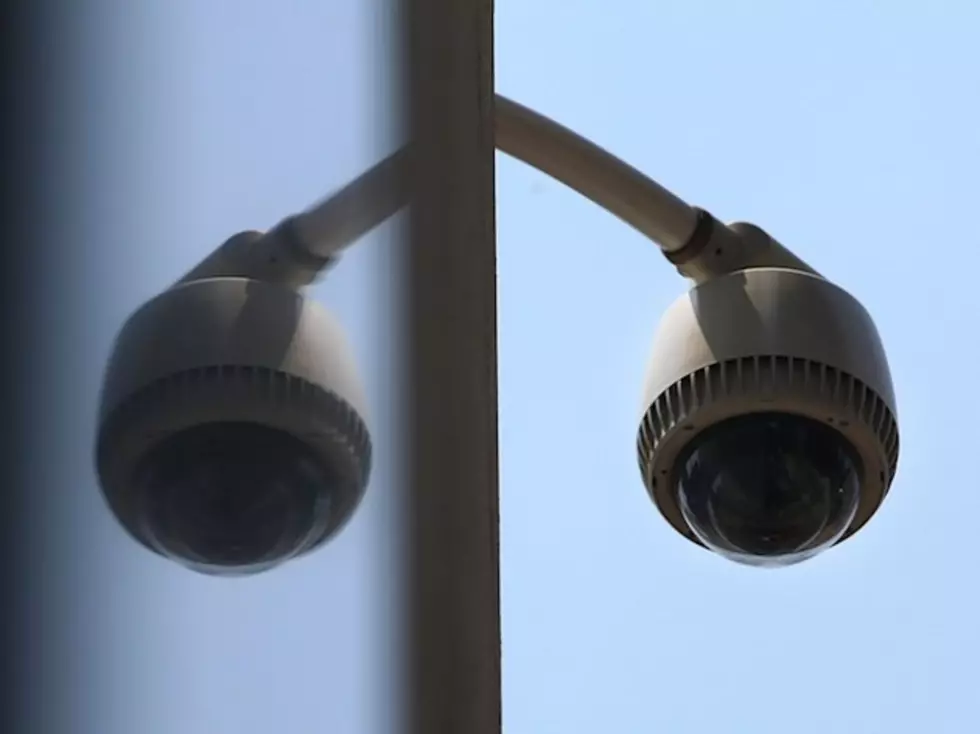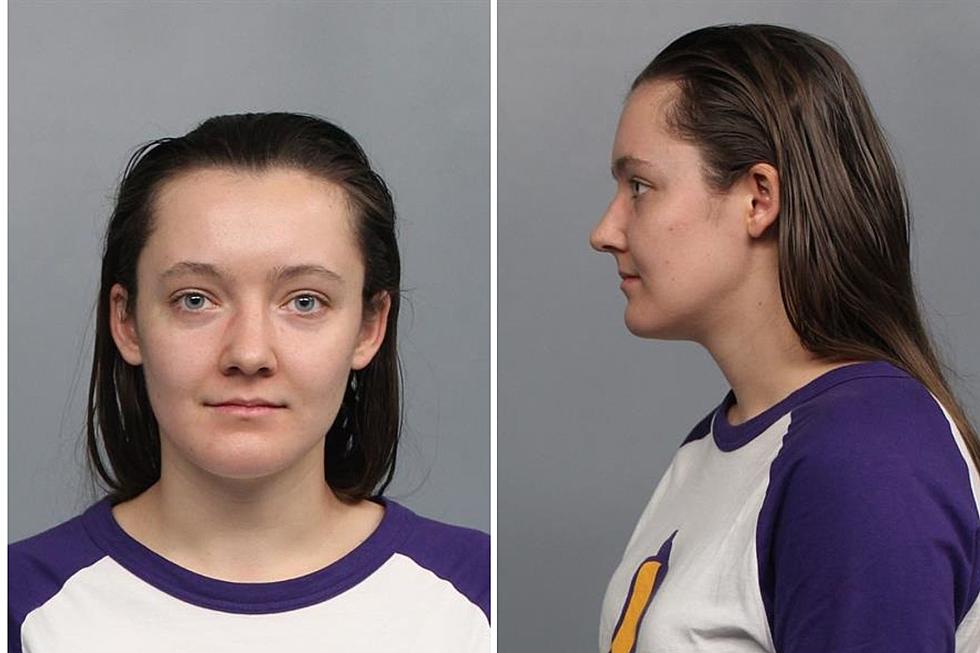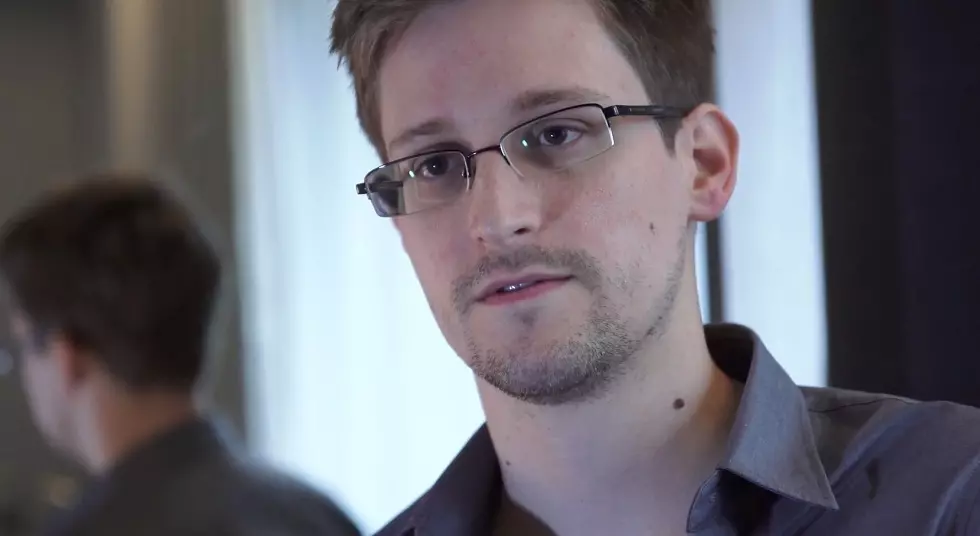
France Is Latest US Ally Angered by NSA Snooping
WASHINGTON (AP) — The sweep and scope of National Security Agency snooping abroad forced President Barack Obama once again to hear complaints from a U.S. ally angry about the surveillance net that has sparked an international debate over the limits of American spying.
France is the latest in a growing list of nations — Germany, Brazil and Mexico included — demanding explanations from Washington. A report published on Monday said the U.S. swept up 70 million French telephone records and text messages and recorded some private conversations.
President Francois Hollande's office expressed "profound reprobation," saying the spying violated the privacy of French citizens. The White House said some news reports have distorted the work of U.S. surveillance programs, but said Obama acknowledged to Hollande in a telephone conversation that some reports have raised "legitimate questions for our friends and allies."
"The president made clear that the United States has begun to review the way that we gather intelligence, so that we properly balance the legitimate security concerns of our citizens and allies with the privacy concerns that all people share," the White House said.
The report in Le Monde, co-written by Glenn Greenwald, who originally revealed the surveillance program based on leaks from former NSA systems analyst Edward Snowden, found that when certain phone numbers were used, conversations were recorded automatically. The surveillance operation also gathered text messages based on key words, Le Monde reported.
Hollande's office said the French leader asked Obama to make available all information on NSA spying of French communications.
"This sort of practice between partners that invades privacy is totally unacceptable and we have to make sure, very quickly, that this no longer happens," French Foreign Minister Laurent Fabius said. "We fully agree that we cooperate to fight terrorism. It is indispensable. But this does not justify that personal data of millions of our compatriots are snooped on."
Earlier, the French government summoned U.S. Ambassador Charles Rivkin for answers. Secretary of State John Kerry, who was in Paris on Monday, would not confirm the newspaper account or discuss intelligence-gathering. He told reporters that the U.S. would discuss the NSA surveillance with French officials.
"Lots of countries are engaged in the activity of trying to protect their citizens in the world," he said.
Le Monde reported that from Dec. 10, 2012, to Jan. 8 of this year, 70.3 million recordings of French citizens' telephone data were made by the NSA. Intercepts peaked at almost 7 million in Dec. 24 and again on Jan. 7, the newspaper said. The targets were people with suspected links to terrorism and people chosen because of their roles in business, politics or the French government, the report said.
Former CIA officer Bob Baer, who was stationed in Paris for three years, said the French intelligence service regularly spies on Americans — both on U.S. diplomats and business people. The spying has included rifling through possessions of a diplomat, businessman or spy in Paris hotel rooms and installing listening devices in first-class seats of the now-defunct Concord aircraft to record Americans' conversations, he said.
In another instance, a former French intelligence director stated that the spy agency compiled a detailed secret dossier of the proprietary proposals that U.S. and Soviet companies wrote to compete with a French company for a $1 billion contract to supply fighter jets to India.
But while corporate and spy- vs.-spy espionage may be common, the newspaper report indicated that French citizens were unwittingly drawn into U.S. surveillance, too.
Dennis Blair, a former director of national intelligence, tried to broker a closer intelligence-sharing relationship with France, so the two would simply ask each other to explain political or economic policies directly instead of resorting to snooping.
"The U.S. is overwhelmed by cooperation by France on things like ... terrorism and organized crime," Blair said in an interview Monday. "It dwarfs the amount of time we spend on spying on each other. I'm hoping the day will come when both countries realize they have a lot more to be gained by working with each other, but we're not quite there yet."
So far, the strongest objection to the NSA surveillance abroad has come from Brazil.
Brazilian President Dilma Rousseff canceled a state visit to Washington over a dispute involving Brazil's desire to question Snowden after information he leaked indicated that the U.S. intercepted Rousseff's communications with aides, hacked the state-run oil company's computer network, and snagged data on emails and telephone calls flowing through Brazil.
In Germany, Chancellor Angela Merkel's government canceled a Cold War-era surveillance agreement over reports that NSA snooping swept up communications in Europe.
Mexico has also expressed outrage about an alleged NSA program that the German magazine Der Spiegel said accessed a domain linked to former Mexican President Felipe Calderon and his Cabinet. Also, a document from June 2012 indicated the NSA had read current Mexican President Enrique Pena Nieto's emails before he was elected.
More From K2 Radio









